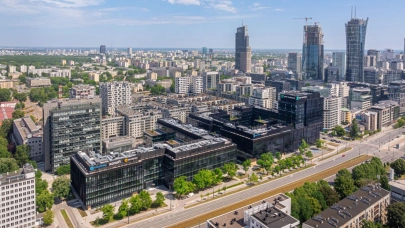
A key challenge facing many real estate corporates, who historically have been reliant on the bond markets, is the quantum of near-term maturities. This includes the Nordics where JLL estimates circa 32% of real estate corporate bonds are due to mature within the next 2 years.
At a time when debt capital markets are closed, funding costs are rising and asset values falling which might force some of the real estate players to consider more expensive debt, recaps, asset sales or, perhaps more palatable, consider joint ventures with private capital investors, according to a report by real estate consultancy JLL.
“Despite current economic headwind and geopolitical context, Romania’s NPL ratio decreased, in Oct 2022, to 2.9% reflecting the resilience of the Romanian economy. However, in the context of a high inflation and tightening of monetary policy connected with a forecasted slowdown of the GDP growth, it is likely that these factors will affect household’s spending power as well as companies’ profitability which could ultimately lead to a potential increase of NPLs in the coming months. That said and considering both the level capitalization of the Romanian banking system as well as quality of its loan portfolio, the forthcoming NPL ratio is expected to follow trend witnessed in OECD countries which should allow a normal lending activity across all segments,” said Maxime Otto, Capital Markets at JLL Romania.
The report points out that whilst the average European NPL ratio fell to 1.8 percent at the end of Q2 2022, Stage 2 underperforming loans increased to 9.5% - up from 8.9% at the end of 2021. This was the highest level recorded since IFRS 9 Financial Instruments became effective in January 2018.
The agency further points out that in Europe, tightening debt costs are being felt universally and whilst the ECB was initially slow to react, it is now moving more quickly, with financial markets predicting further tightening.



